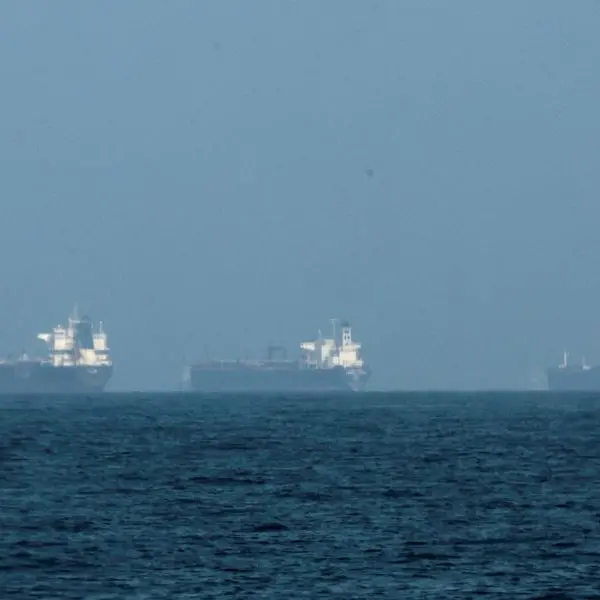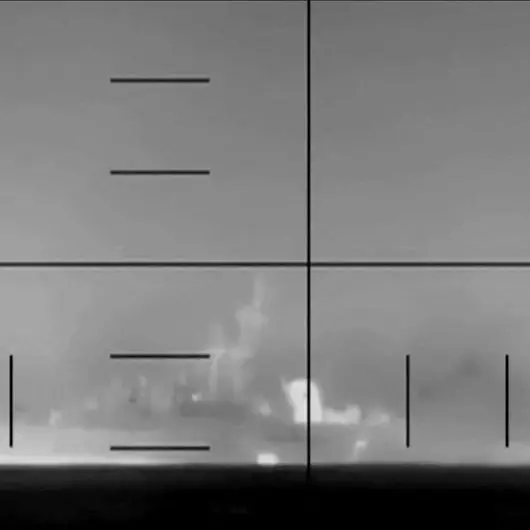PHOTO
Muscat – Global warming caused by fossil fuel emissions ‘most likely’ exacerbated the intense rains that lashed Oman and the UAE earlier this month, causing deaths and widespread flooding, an expert group of 21 scientists said in a study released on Thursday.
Extreme rainfall in El Nino years has become 10%-40% heavier in the region affected, a study published by the World Weather Attribution (WWA) group found.
Climate change caused by fossil fuel emissions is the probable reason but cannot be pinpointed ‘with certainty’, added the study compiled by international researchers from Saudi Arabia, Pakistan, Switzerland, the Netherlands, Sweden, United States of America, Canada, France and the United Kingdom.
Twenty-one people died in Oman and four in the UAE, which was battered by the heaviest rainfall since records began for the country 75 years ago.
‘Warming, caused by burning fossil fuels, is the most likely explanation for the increasing rainfall,’ WWA said in the study.
‘There are no other known explanations’ for the sharp rise in precipitation, added the international group of scientists that investigates the role of climate change in extreme weather events.
Oman and the UAE are suffering extreme heat brought on by global warming. But the recent floods revealed the additional risk of exceptional weather events as the planet heats up.
“Oman and the UAE floods have shown that even dry regions can be strongly affected by precipitation events, a threat that is increasing with increasing global warming due to fossil fuel burning,” said Sonia Seneviratne, a WWA member and professor at Zurich’s ETH university.
The WWA study analysed historic weather data and climate models to determine changes in rainfall patterns in the area, including in El Nino years – a recurring pattern when global temperatures rise.
It found extreme rains were significantly less intense in the years before 1.2 degrees Celsius of warming above pre-industrial levels.
“Extreme rainfall events have become at least 10% heavier in Oman and the UAE,” said Mariam Zachariah, a WWA member and researcher at London’s Imperial College.
“This finding… agrees with the basic physics that a warmer atmosphere can hold more moisture.”
Reports of cloud seeding, the practice of spraying clouds with chemicals to increase rainfall, were denied by UAE officials last week.
The WWA said it did not investigate ‘the possible influence of cloud seeding’ but added, ‘Given the huge size of the storm system, massive rainfall would have fallen regardless of whether (cloud seeding) operations had been carried out’.
© Apex Press and Publishing Provided by SyndiGate Media Inc. (Syndigate.info).




















